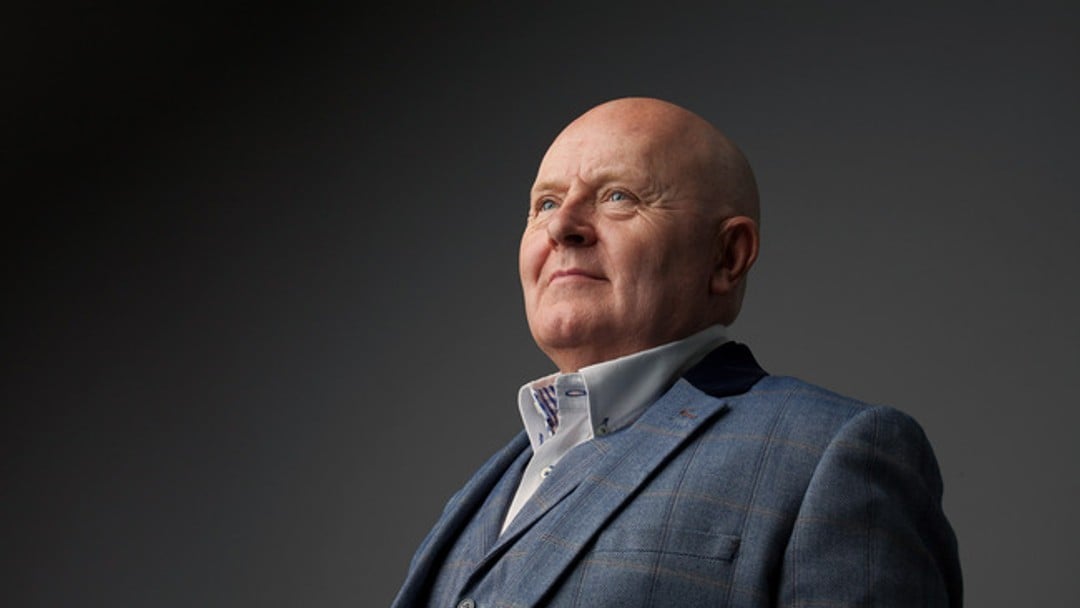Manleys solicitors explores transatlantic mediation: a comparative insight

By Law News
Last week, Chester-based Manleys Solicitors ventured into uncharted territory by virtually mediating a case in New York, USA
Mark Manley, the Managing Director at the firm, shares intriguing observations on the disparities in mediation practices between the UK and the USA, shedding light on a novel experience in cross-border dispute resolution.
Manley highlights the stark contrast in fee structures, with top mediators in the US commanding notably higher fees compared to their UK counterparts. The absence of a pre-mediation exchange of Position Statements, a customary practice in the UK, was a surprising divergence. Instead, each party submits private statements to the mediator, fostering an atmosphere of secrecy and potentially elongating the process. The notion of pre-mediation discussions involving only the mediator and opposing counsel, excluding clients, further underscores the emphasis on confidentiality and strategic ambiguity.
Moreover, the lack of pre-mediation disclosure proved to be a logistical hurdle, as US opponents failed to contribute to the mediation bundle, perpetuating an environment of last-minute document revelations akin to "ambushing."
Manley delves into the unique negotiation techniques prevalent in American mediation, notably the use of "bracketed" offers, which diverge from the conventional practice of specifying precise amounts. This psychological shift in bargaining dynamics posed initial challenges but ultimately facilitated fruitful negotiations.
An intriguing aspect of the US mediation process was the willingness of mediators to adopt a quasi-judicial role, offering non-binding evaluations of claims and actively participating in determining damages—a departure from traditional facilitative mediation approaches. Despite its novelty and perceived risk, this method proved effective in breaking stalemates and achieving resolution.
Manley acknowledges the complexities of navigating cross-border mediation, particularly with regards to managing disparate time zones. Despite the logistical hurdles, the experience was enriching, underscoring the firm's adaptability and commitment to providing effective dispute resolution services on a global scale.
As Manleys Solicitors continues to navigate diverse legal landscapes worldwide, the foray into US mediation exemplifies the firm's proactive approach to embracing new challenges and delivering innovative solutions in an ever-evolving legal landscape.

